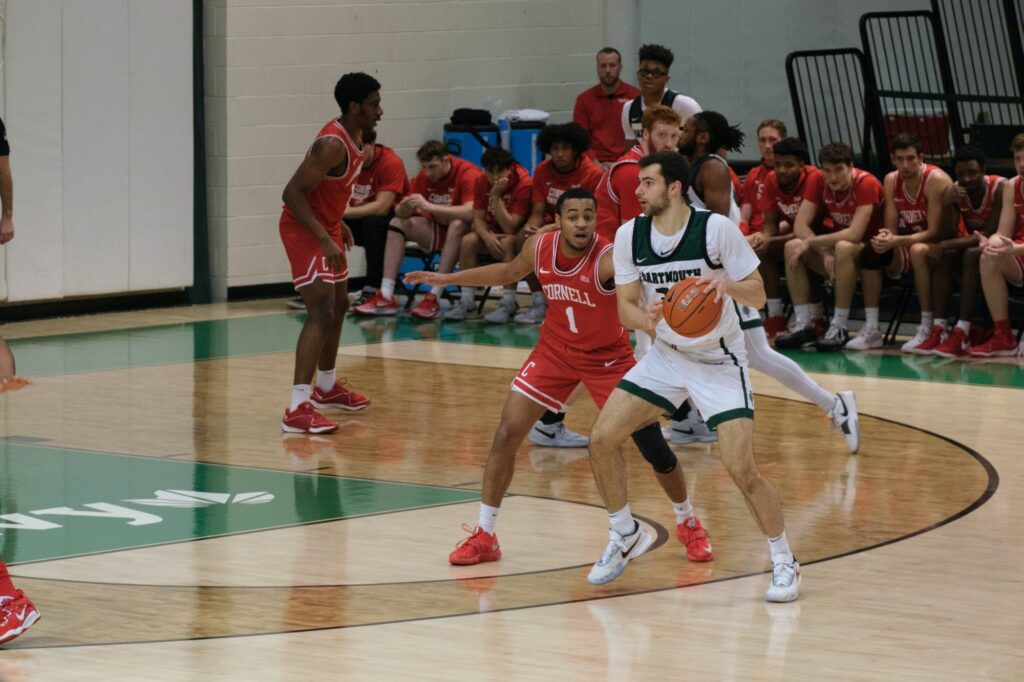Athlete Unionism Takes a Step Forward

A very good sign from the National Labor Relations Board, where has a regional director has ruled that Dartmouth hoops players are employees and thus are eligible for unionization.
A federal official said Monday that members of the Dartmouth men’s basketball team were university employees, clearing a path for the team to take a vote that could make it the first unionized college sports program in the country.
In a statement, the National Labor Relations Board’s regional director in Boston, Laura Sacks, said that because Dartmouth had “the right to control the work” of the team and because the team did that work “in exchange for compensation” like equipment and game tickets, the players were employees under the National Labor Relations Act.
A date for the election on whether to unionize has not yet been set, and the result would need to be certified by the N.L.R.B. The university and the N.C.A.A. are expected to appeal the director’s decision.
In September, all 15 players on the team’s varsity roster signed and filed a petition to the labor board to unionize with the Service Employees International Union. On Oct. 5, Dartmouth’s lawyers responded by arguing that the players did not have the right to collectively bargain because, as members of the Ivy League, they received no athletic scholarships and because the program lost money each year.
Among other things, it’s fascinating that 15 men at an elite institution unanimously agreed to have this fight.
Moreover, athlete unionization has started to gain support. Kirk Herbstreit, the voice of college football, has stated that the only way to fix the wild west NIL world was through an athletes union and then collective bargaining agreement with the players. I think that’s probably right. People such as Chip Kelly and Jim Harbaugh have made suggestions along these lines as well. The problem here of course is the anathema toward unions among the world of college presidents and the rich boosters behind them. But one thing unions do is to tame and regularize labor markets. The smart people see this.
This reminds me of employers in the 1930s, which is why some industries were initially supportive of FDR, because they hoped that unions would help them reduce competition in their industries which they couldn’t manage with their fellow industrialists, especially in low-capital industries such as coal, textiles, electronics, and timber. But anti-union ideology is very, very strong among these people. So we will see how it goes.


